It's a strange world. Isn't it? The Legacy of a Legend.
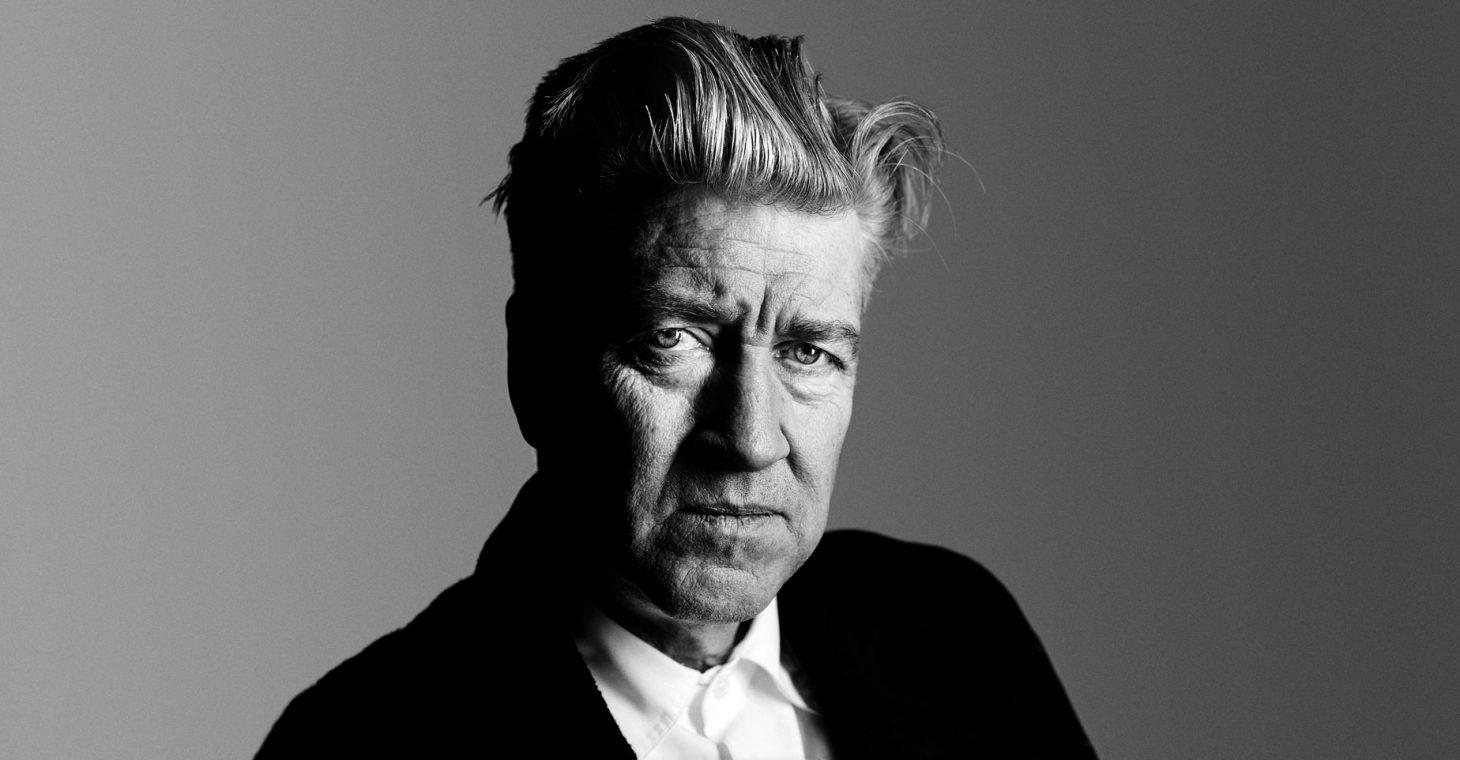
THE FEVER DREAM THAT CHANGED EVERYTHING
Lynch first left his captivating mark in 1977 with Eraserhead, a film that felt less like a movie and more like a fever dream. With bizarre, unsettling imagery (Cauliflower Lady, anyone?), Lynch created a work that still evokes collective discomfort. Eraserhead was not just a film—it was a rumor, a disturbing whisper echoed through school hallways via word of mouth. It was one of the strangest yet most fascinating doors a filmmaker ever opened.
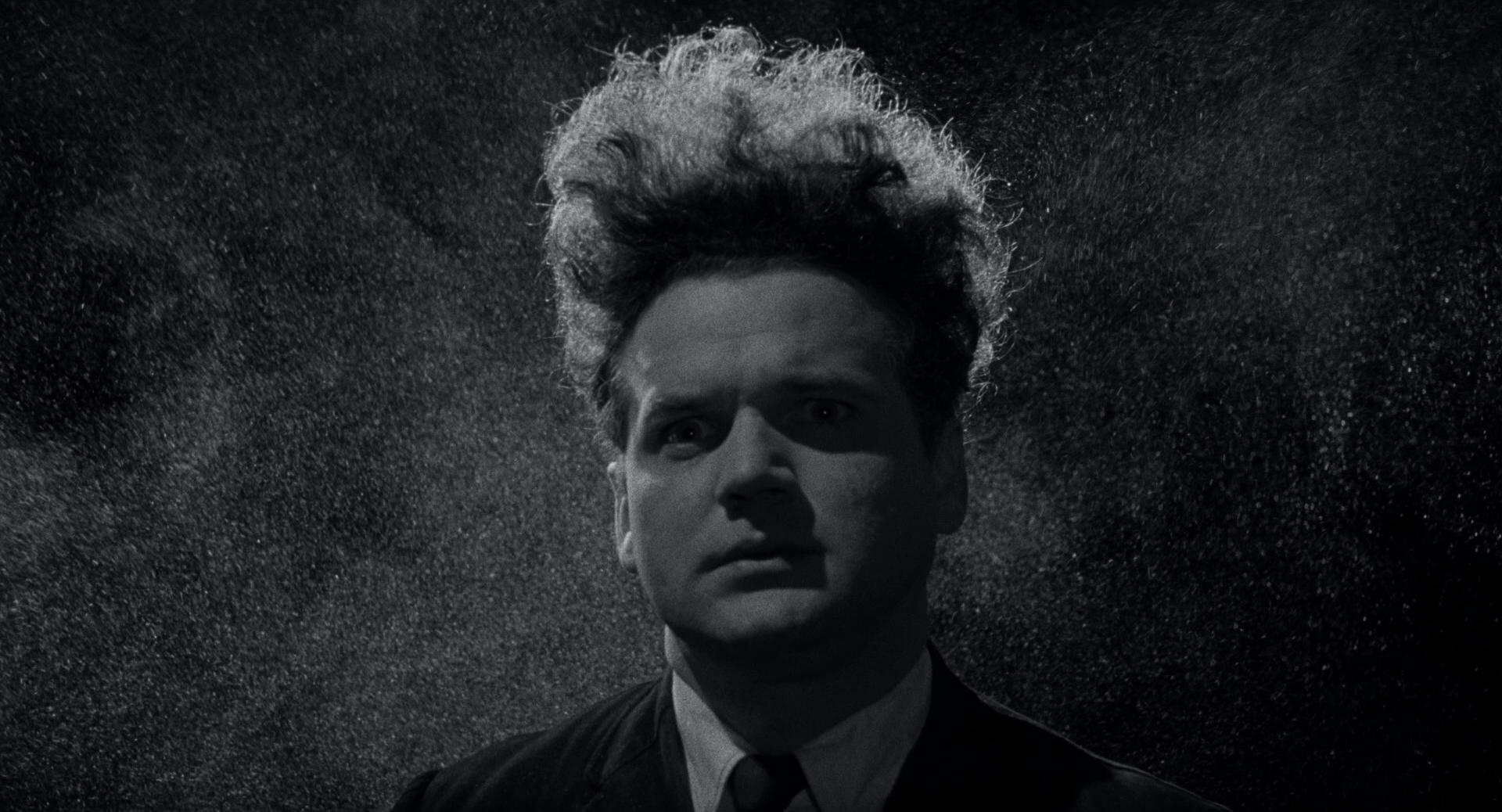
After the extreme Eraserhead, Lynch tackled the tragedy of The Elephant Man (1980), based on Joseph Merrick’s life, earning Oscar nominations for Best Picture and Best Director. He then boldly adapted Dune (1984). Despite its failure, the ambitious project remains a significant part of Lynch’s legacy.
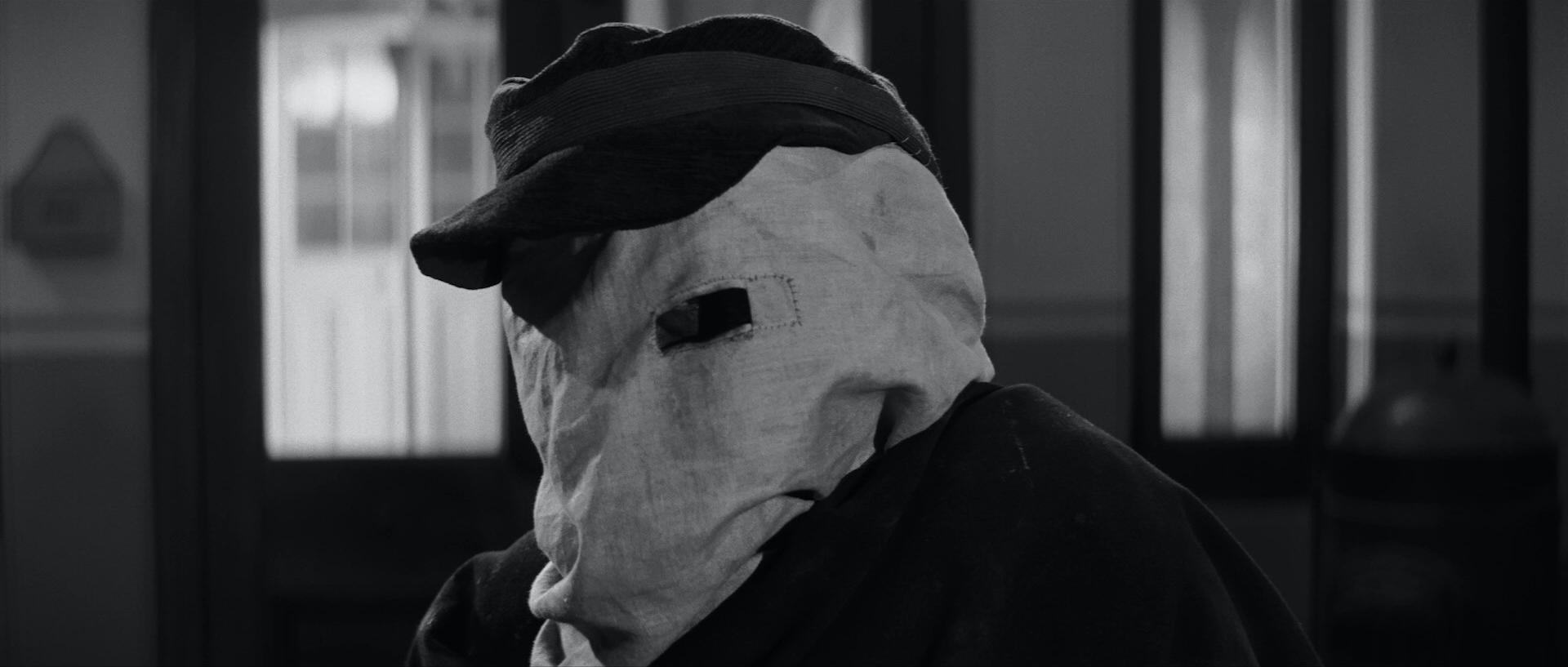
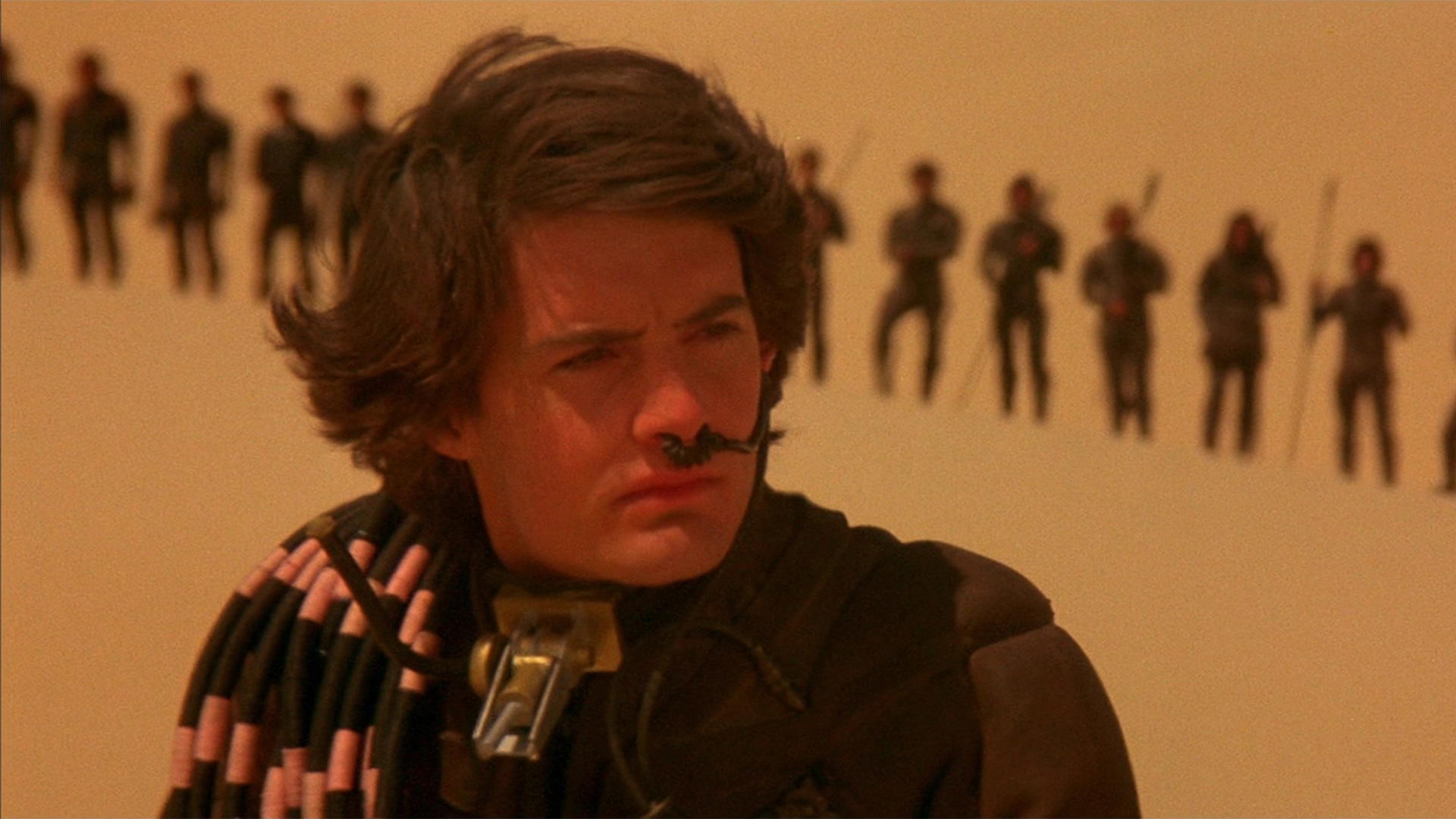
BLUUUUUE VELVET AND ONE DAMN FINE COFFEE!
With Blue Velvet (1986), Lynch became the director we know today. Though considered controversial and disturbing by many, the film enjoyed critical and commercial success. It received several awards, including Best Director at the Venice Film Festival, and was nominated for a Golden Globe. "Blue Velvet" continues to influence popular culture significantly, from Frank Booth’s iconic performance to Bobby Vinton’s classic song from 1950.
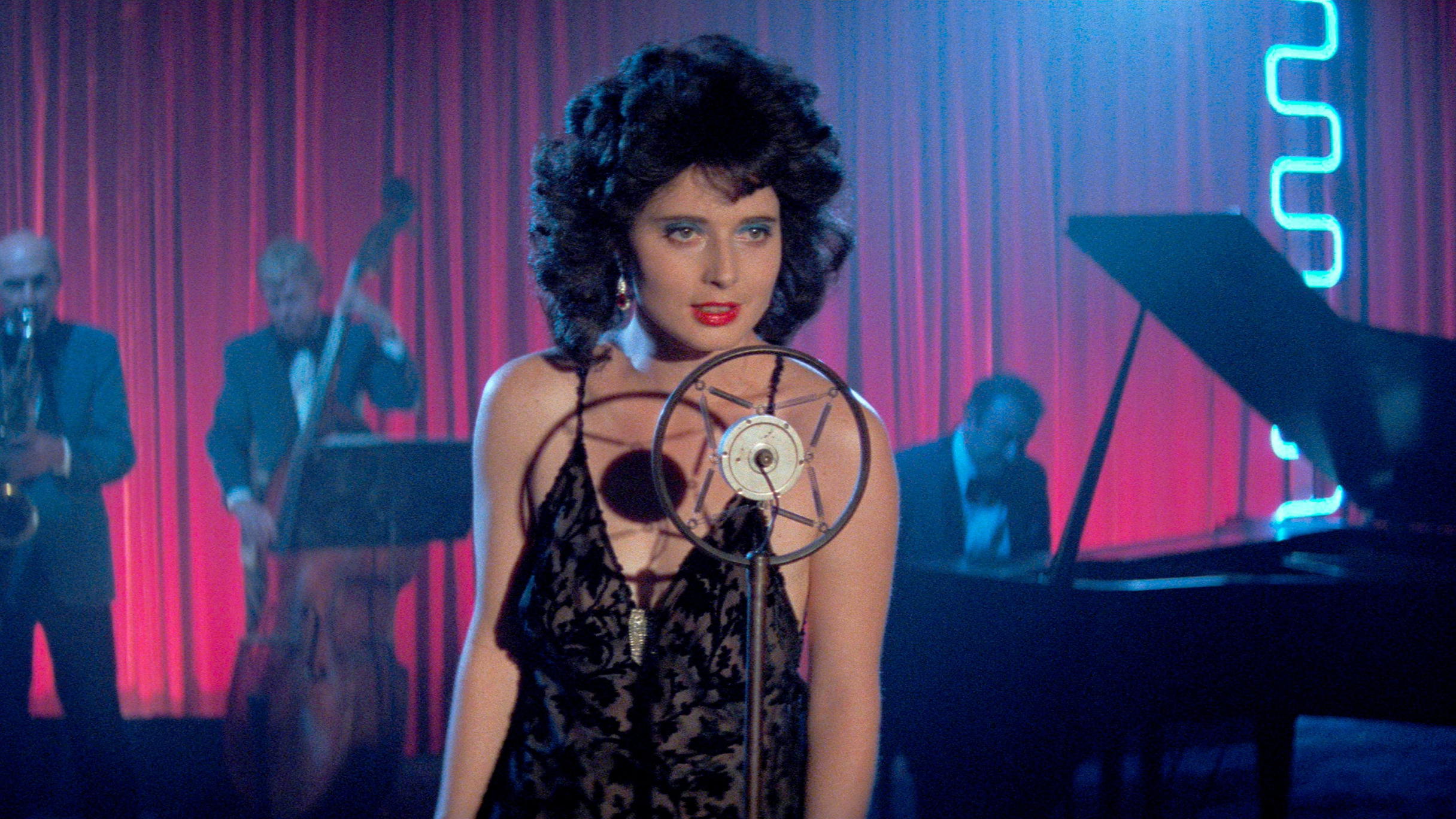
Four years after Blue Velvet’s success, Lynch revolutionized television with Twin Peaks (1990). The series shattered conventions, introducing surreal elements into mainstream television. Its mysterious murders, misty forests, and the enigmatic Laura Palmer captivated global audiences, permanently reshaping television.
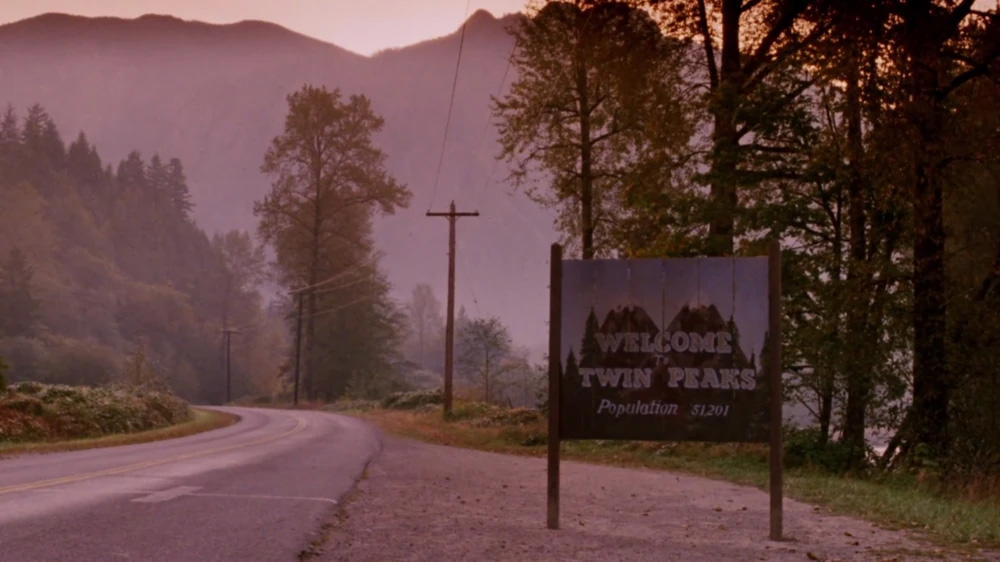
THE ROAD TO LEGEND
From the excessively romantic road-trip Wild at Heart (1990) to the unsettling, experimental 187-minute epic Inland Empire (2006), Lynch cemented his unique cinematic voice. Notable films from this era include The Straight Story (1999) and Mulholland Drive (2001). The former is Lynch’s unusually ordinary film, based on Alvin Straight’s true story, showcasing Lynch’s versatility in portraying heartfelt drama without sacrificing depth or emotional resonance.
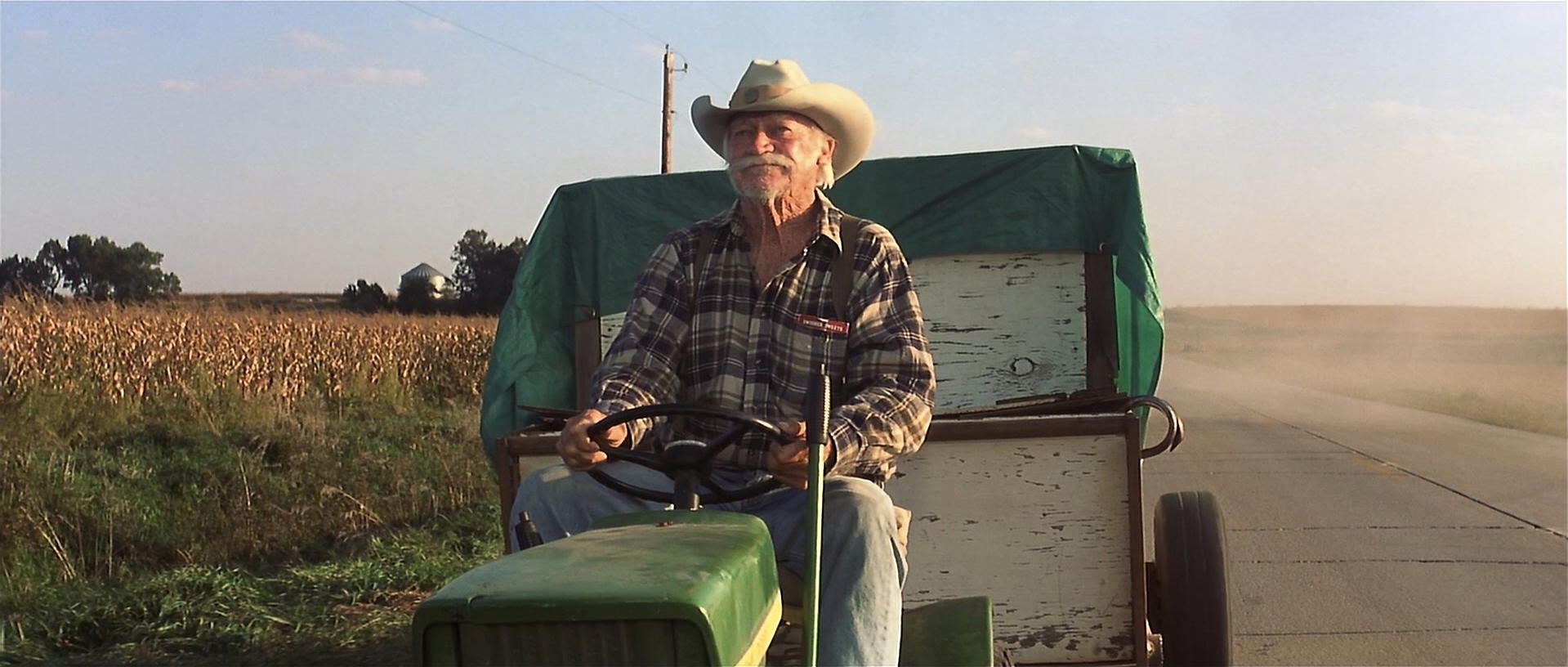
Mulholland Drive (2001), initially intended as a series pilot, evolved into a masterful, enigmatic drama exploring dreams, Hollywood, and identity crises. Its intricate structure, blending mystery, thriller, and psychodrama, solidified its status as one of cinema’s most fascinating works.
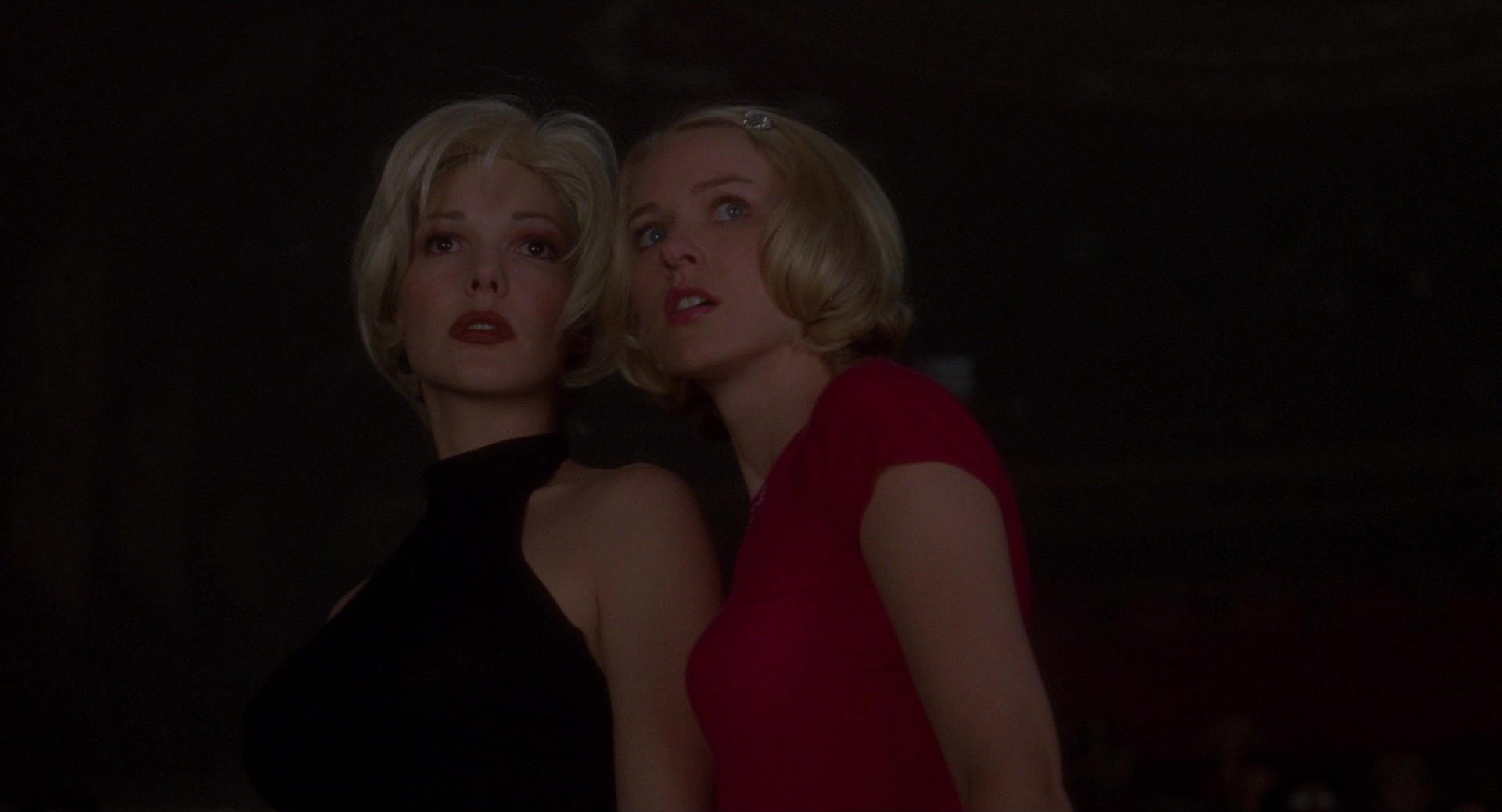
Is your favorite film missing? Suggest it here and become the godfather of the film!
MORE THAN JUST MOVIES
David Lynch was not only a visionary filmmaker but also a versatile artist whose creativity extended far beyond cinema. His extensive body of work includes various artistic explorations in multiple disciplines.
Lynch built an impressive advertising career, directing commercials for Gucci, Dior, and PlayStation. His distinct style—surreal, dark, and hypnotic—is unmistakable in these short films.
Alongside filmmaking, Lynch actively pursued painting and photography, exhibiting his work at Olten’s Haus der Fotografie in 2001. Music was central to Lynch’s life, notably his collaboration with Angelo Badalamenti, producing iconic scores for Twin Peaks and nearly all his films. He also directed music videos, most famously collaborating with Nine Inch Nails, who contributed to the "Lost Highway" soundtrack, including their hit "The Perfect Drug."
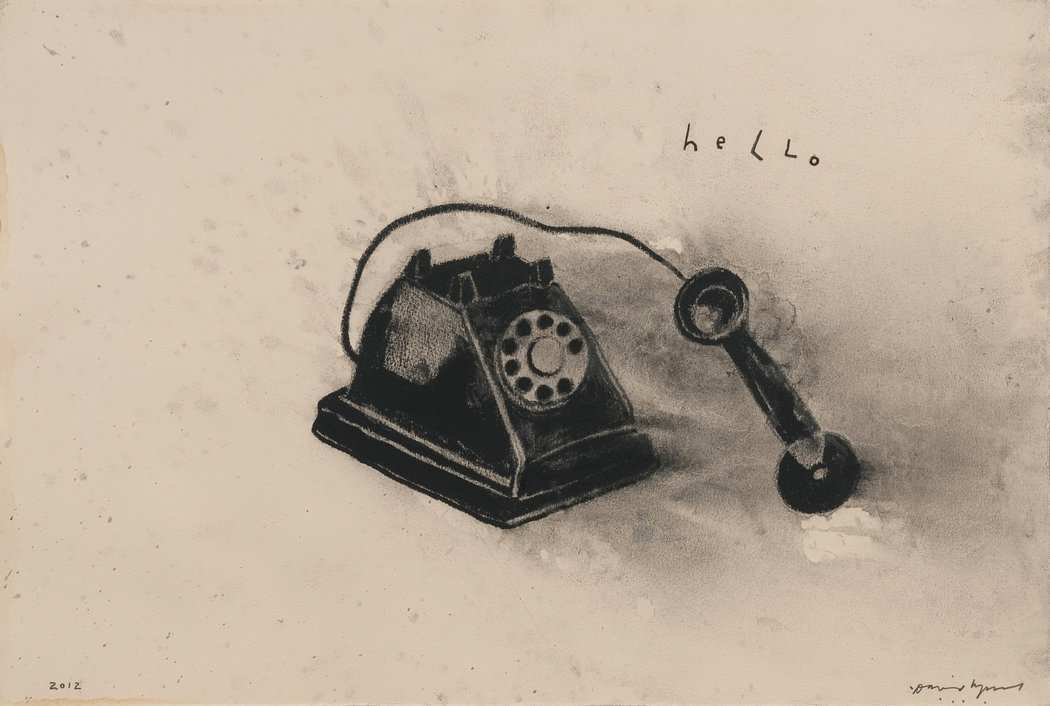
A LEGACY THAT ENDURES
David Lynch leaves behind a cinematic legacy, acting as a beacon for art, especially in today’s era of misinformation and dark realities. In a world often losing sight of the absurd and wondrous, Lynch reminds us that dreams—even unsettling ones—remain essential. We are fortunate to have lived in David Lynch’s era.
CELEBRATE THE MASTER'S LEGACY WITH US
In February, experience Lynch’s surreal worlds where they belong—on the big screen. Together with Riffraff Zürich, kult.kino Basel, Bourbaki Luzern, and KINOKONI Olten, we present several Lynch masterpieces. Secure your tickets now and dive into these bizarre, fascinating, and unsettling universes with us.




